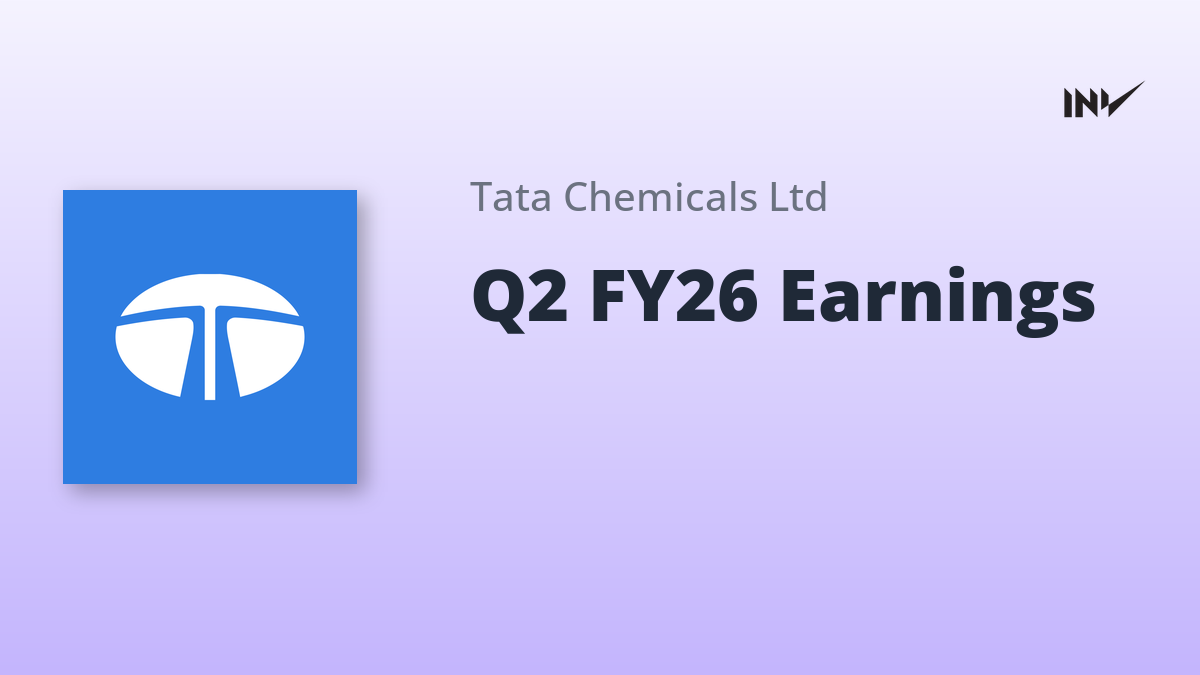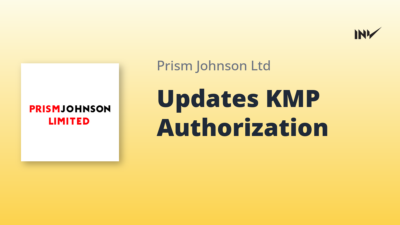Tata Chemicals reports a mixed Q2 FY26 with standalone revenue up 19% and EBITDA up 67%. Consolidated revenue dips slightly by 3% due to Lostock UK reconfiguration. The company is addressing margin pressures, particularly in China’s soda ash market, and focusing on maximizing volume, customer service, and cost control. Looking ahead, Tata Chemicals anticipates improved performance driven by capacity additions and resolution of geopolitical and tariff uncertainties.
Financial Performance Overview
Tata Chemicals’ standalone performance shows positive growth in Q2 FY26. Revenue from operations increased by 19%, with EBITDA rising by 67% to ₹240 crores, and profit after tax up 80% to ₹178 crores. However, consolidated revenue saw a slight decrease of 3%, amounting to ₹3,877 crores, primarily due to the reconfiguration of operations in Lostock, UK.
Key Operational Highlights
The company is navigating a challenging soda ash market with oversupply and high inventory levels, especially in China. Prices have declined approximately 56%-58% between Q2FY23 and Q2FY26. Tata Chemicals is addressing these pressures by focusing on cost management and operational efficiency. A one-time provisioning of ₹65 crores has been made in the UK due to contractual obligations after the cessation of Lostock operations.
In the US, a one-time reduction in work-in-progress led to under-absorption of fixed costs by about $5 million. India’s performance exceeded the previous year due to higher volumes and operational efficiency. The company expects the UK operations to turn positive in the 3rd quarter of FY26 and continue improving into the 4th quarter.
Strategic Focus and Outlook
Tata Chemicals remains focused on maximizing volume, improving customer service, and controlling costs. The company is working to build upon the restructured UK operation and closely monitoring exports from the US to maintain positive margins. Capacity expansion plans, including the potential addition of 500,000 tonnes of soda ash in India, are under consideration.
The company anticipates that the soda ash pricing is likely to remain subdued for the rest of the year due to persistent oversupply situations. Overall, the company is working towards navigating current market challenges and positioning itself for long-term growth through strategic investments and operational improvements.
Anti-Dumping Duty
An anti-dumping duty recommendation has been submitted, and if applied, the pricing gap could be around $17-$100 per tonne.
Capacity Addition in China
The Chinese government aims for a 50:50 split between natural and synthetic soda ash capacity, potentially adding another 5-6 million tonnes of natural capacity, and this may happen by 2029-30.
Source: BSE





